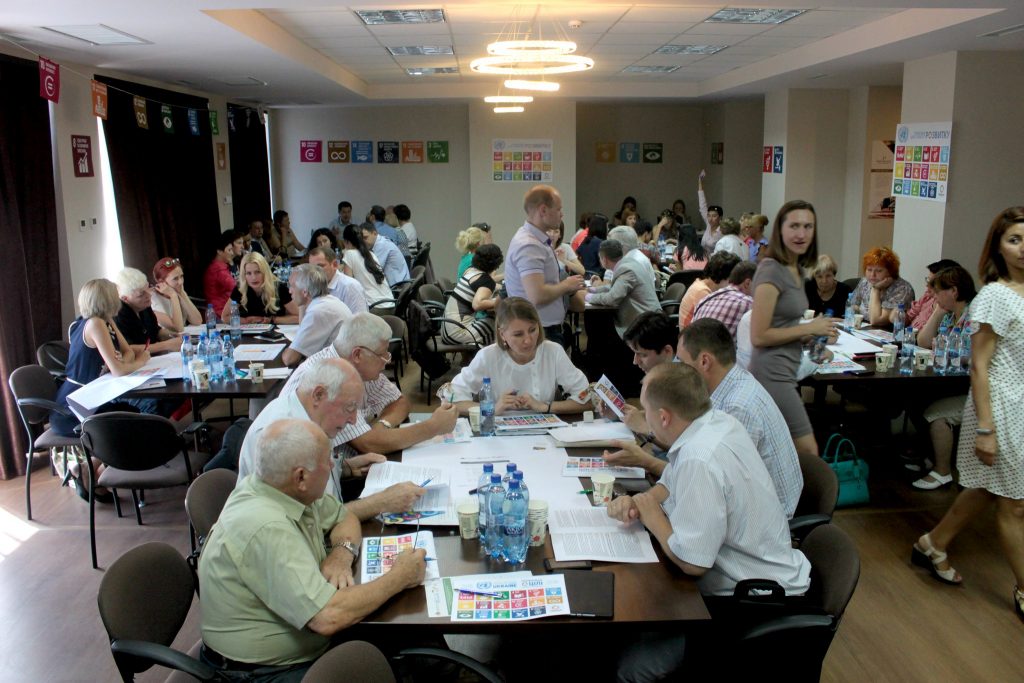
Last week, two friends were invited to a consultation but it turned out that the decision had already been made by the top person. The consultation was only for show. After having volunteered with this organization for over a decade, they will start to withdraw and eventually end their association. Similar “consultative” meetings occur in work settings and while employees may not leave, their hearts have walked out the door. Without fully engaged employees, the company’s performance and bottom line suffers. Human resources is then tasked with solving the problem and cultivate a more engaged workforce.
Where does project management fit in all this? In fact, project managers have a pivotal role to play. At the start of projects, they create the RACI framework. They should identify all stakeholders throughout the life of the project and insist that they be kept informed. If the project results in a lot of change, then stakeholders should be invited to self-select whether they want to be consulted. The understanding is that consultation doesn’t mean that they will necessarily be happy with the final decision—only that in the process of decision making, their voices are heard. The commitment of those to be consulted is that they participate in meetings.
Project sponsors and key decision makers may want fewer voices in meetings. They may think that stakeholders impacted later in the project may only need to be consulted closer to rollout. Here’s where project managers need to fall back on best practice and insist that all stakeholders be represented at the start. So long as they are part of the project kickoff, stakeholders can understand the why of the project and when it comes time to roll out changes in the future they are prepared to absorb the impacts.
A case in point of failure in consultative process leading to project failure is the 2011 British Columbia Harmonized Sales Tax. Financially, the HST would have boosted BC’s economy. But British Columbians were unhappy by a lack of consultation in the process of implementing it. In a referendum, 55% voted to overturn the HST.
On the flip side, businesses need to be agile and respond quickly to changing market conditions. A consultative approach doesn’t work well in emergency situations such as COVID-19. Overall, for many organizations facing a variety of situations, a culture that supports a balanced approach to consultative decision-making and employee engagement is ideal. When achieved, it’s like cruising at maximum fuel efficiency.
